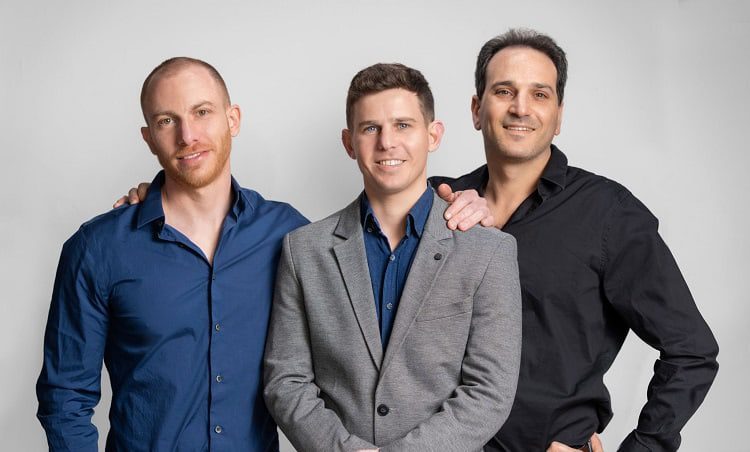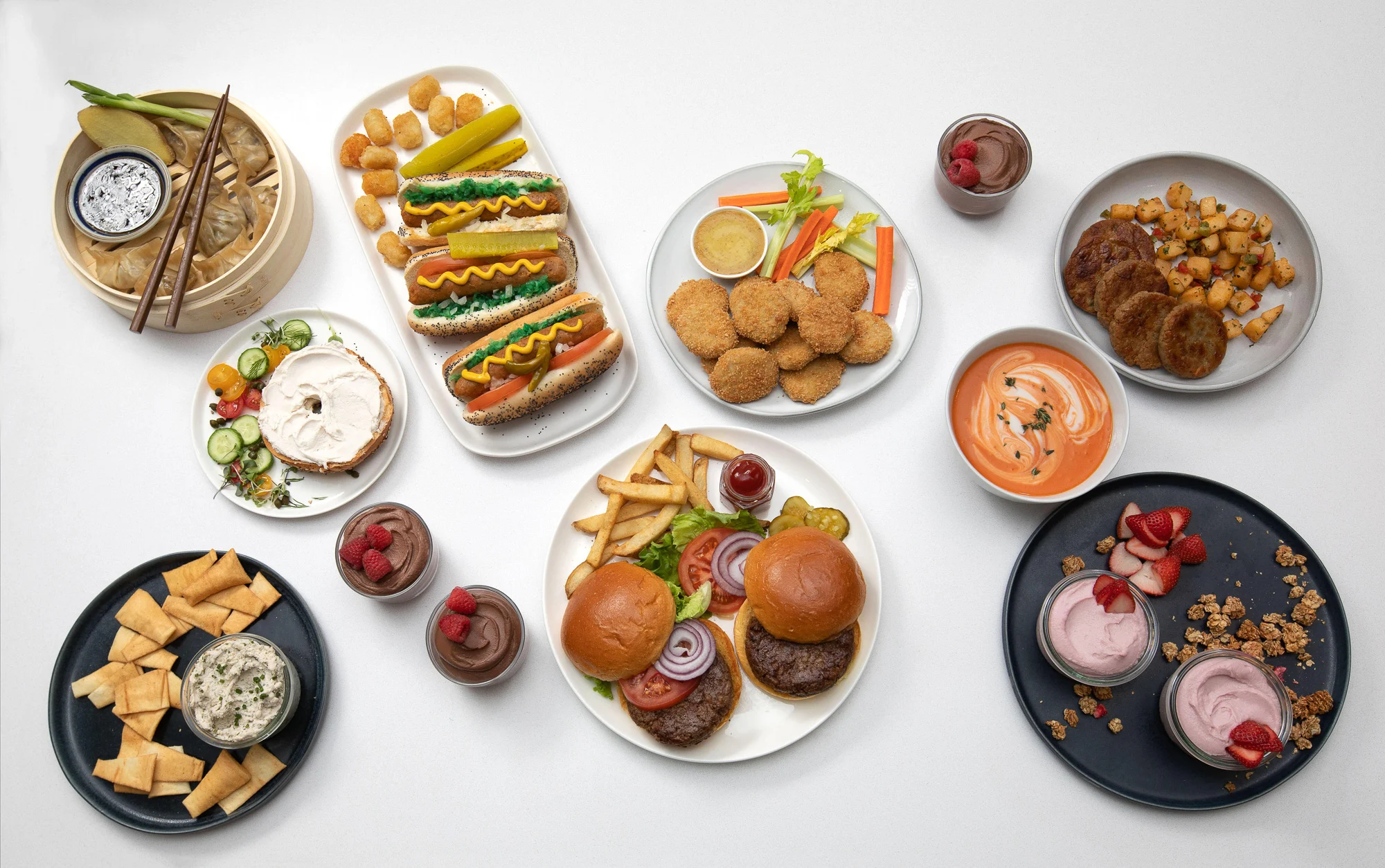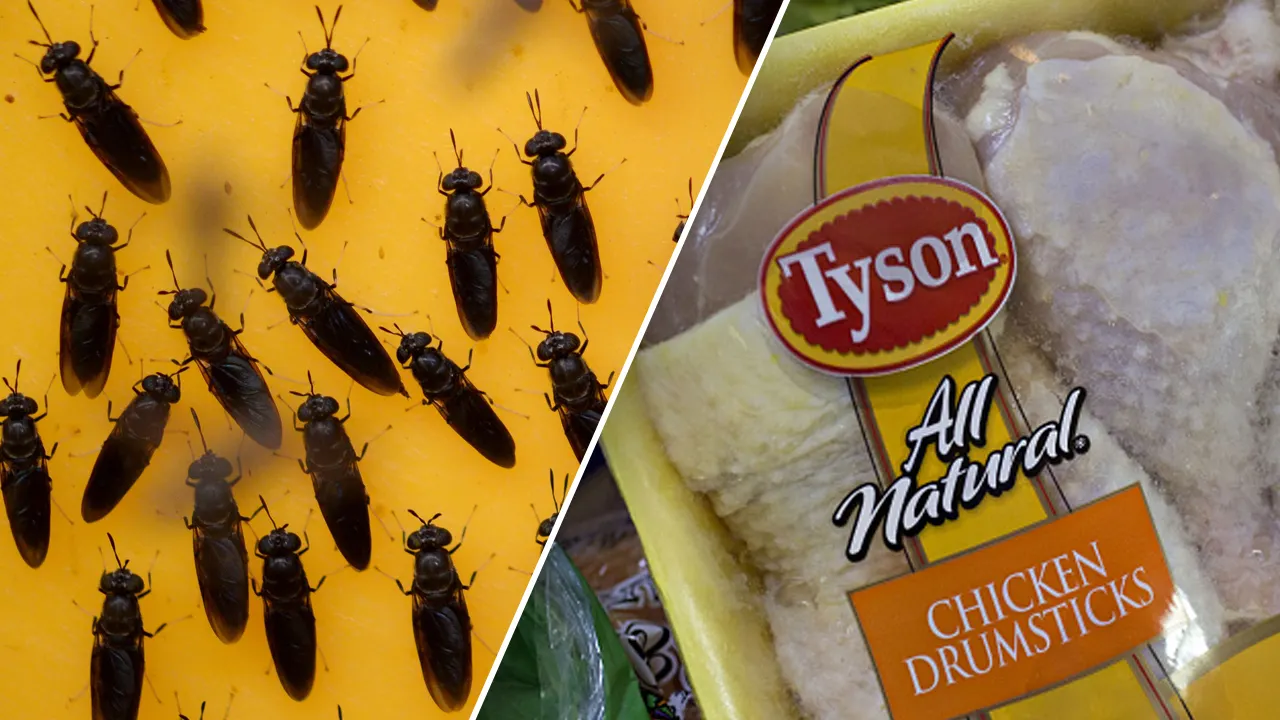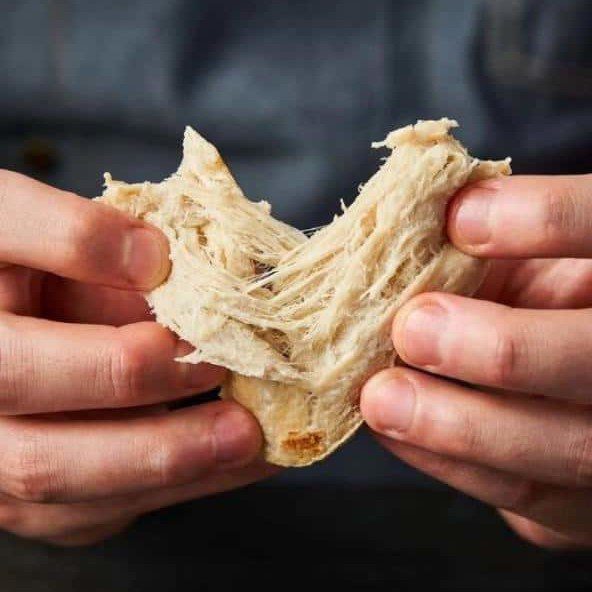Mermade Seafoods is an Israeli company developing cultivated scallops. The company claims to be the first in the world to use aquaponics technology in cellular agriculture.
Aquaponics is a combination of aquaculture (seafood farming) and hydroponics (growing crops in nutrient solutions rather than soil). Essentially, Mermade takes nutrient-rich spent growth medium — a byproduct of cultivated meat and seafood production — and places it in a bioreactor with microalgae. The resulting algae biomass can be used to feed more cells, a circular process with the potential to drastically reduce the cost of cell cultivation.
Mermade says it is focusing on scallops as their shape and texture is relatively easy to replicate. Additionally, conventional scallops are expensive, meaning the cultivated variety will not be significantly more costly.
“We’re making the same seafood that we all know and love, just without fishing,” CEO Daniel Einhorn said, speaking at OurCrowd’s online event ‘Investing in the Circular Economy: From Trash to Cash.’

Reducing the cost of growth media
Cell growth media is notoriously expensive, accounting for a huge proportion of the cost of cultivated meat. This is currently one of the key barriers to the commercial production of cultivated products. The growth medium most commonly used, fetal bovine serum, also comes with concerns about ethics and quality.
Consequently, various companies are working to develop alternatives. Collaborations are ongoing between Meatable and Royal DSM, and between Aleph Farms and WACKER. Others have successfully managed to do away with cell culture media entirely, such as Japan’s IntegriCulture.
“IntegriCulture is the first to implement cell culture by serum-free basal medium that cell-cultured meat producers around the world are working on. There is a wide range of potential industrial applications in cell cultivation such as cosmetics, leather, pharmaceuticals, and others,” the company said.








